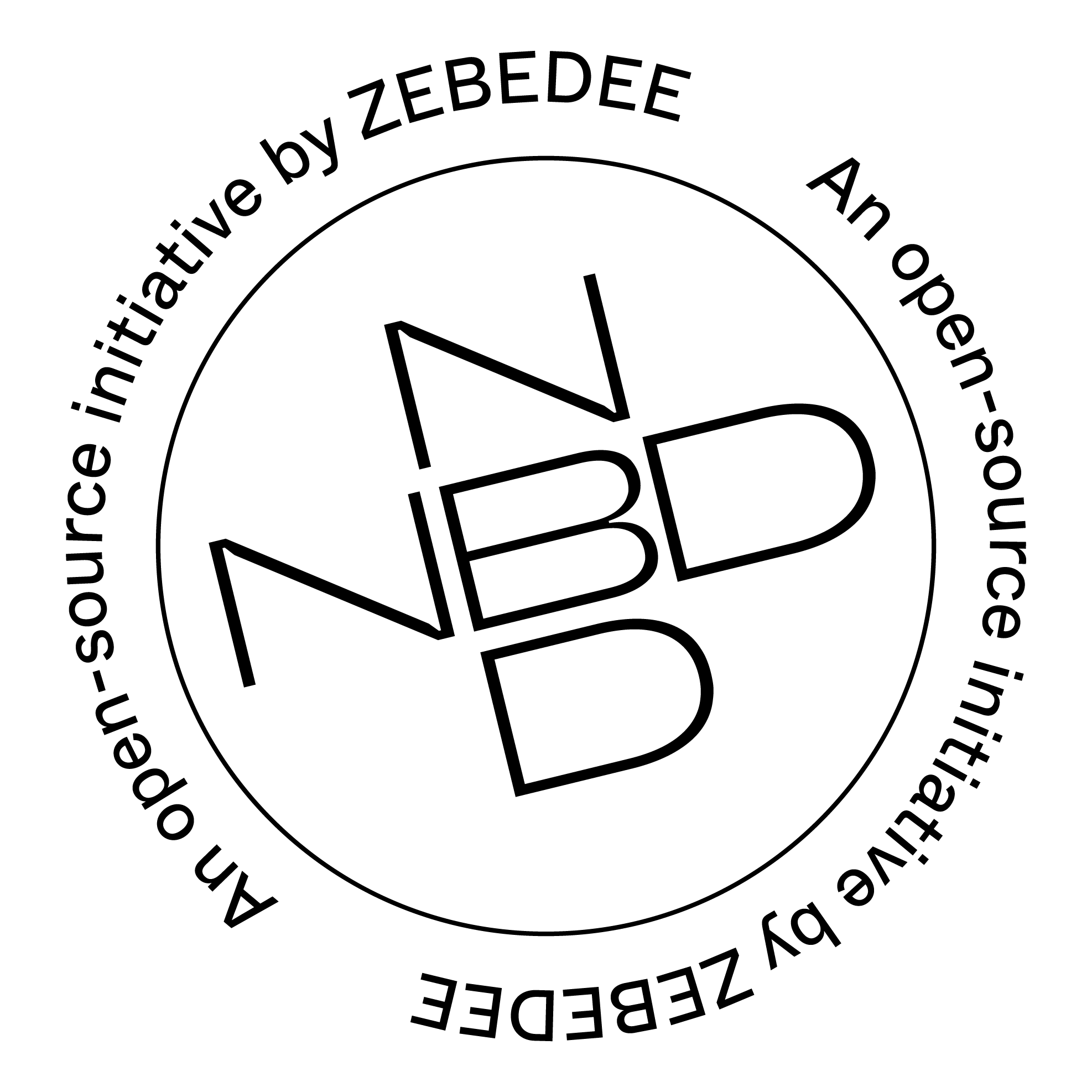A set of useful things for Nostr Protocol implementations.
go get github.com/nbd-wtf/go-nostrpackage main
import (
"fmt"
"github.com/nbd-wtf/go-nostr"
"github.com/nbd-wtf/go-nostr/nip19"
)
func main() {
sk := nostr.GeneratePrivateKey()
pk, _ := nostr.GetPublicKey(sk)
nsec, _ := nip19.EncodePrivateKey(sk)
npub, _ := nip19.EncodePublicKey(pk)
fmt.Println("sk:", sk)
fmt.Println("pk:", pk)
fmt.Println(nsec)
fmt.Println(npub)
}ctx := context.Background()
relay, err := nostr.RelayConnect(ctx, "wss://relay.stoner.com")
if err != nil {
panic(err)
}
npub := "npub1422a7ws4yul24p0pf7cacn7cghqkutdnm35z075vy68ggqpqjcyswn8ekc"
var filters nostr.Filters
if _, v, err := nip19.Decode(npub); err == nil {
pub := v.(string)
filters = []nostr.Filter{{
Kinds: []int{nostr.KindTextNote},
Authors: []string{pub},
Limit: 1,
}}
} else {
panic(err)
}
ctx, cancel := context.WithTimeout(ctx, 3*time.Second)
defer cancel()
sub, err := relay.Subscribe(ctx, filters)
if err != nil {
panic(err)
}
for ev := range sub.Events {
// handle returned event.
// channel will stay open until the ctx is cancelled (in this case, context timeout)
fmt.Println(ev.ID)
}sk := nostr.GeneratePrivateKey()
pub, _ := nostr.GetPublicKey(sk)
ev := nostr.Event{
PubKey: pub,
CreatedAt: nostr.Now(),
Kind: nostr.KindTextNote,
Tags: nil,
Content: "Hello World!",
}
// calling Sign sets the event ID field and the event Sig field
ev.Sign(sk)
// publish the event to two relays
ctx := context.Background()
for _, url := range []string{"wss://relay.stoner.com", "wss://nostr-pub.wellorder.net"} {
relay, err := nostr.RelayConnect(ctx, url)
if err != nil {
fmt.Println(err)
continue
}
if err := relay.Publish(ctx, ev); err != nil {
fmt.Println(err)
continue
}
fmt.Printf("published to %s\n", url)
}To get more logs from the interaction with relays printed to STDOUT you can compile or run your program with -tags debug.
To remove the info logs completely, replace nostr.InfoLogger with something that prints nothing, like
nostr.InfoLogger = log.New(io.Discard, "", 0)go run example/example.go
Using libsecp256k1
libsecp256k1 is very fast:
goos: linux
goarch: amd64
cpu: Intel(R) Core(TM) i5-2400 CPU @ 3.10GHz
BenchmarkWithoutLibsecp256k1/sign-4 2794 434114 ns/op
BenchmarkWithoutLibsecp256k1/check-4 4352 297416 ns/op
BenchmarkWithLibsecp256k1/sign-4 12559 94607 ns/op
BenchmarkWithLibsecp256k1/check-4 13761 84595 ns/op
PASS
But to use it you need the host to have it installed as a shared library and CGO to be supported, so we don't compile against it by default.
To use it, use -tags=libsecp256k1 whenever you're compiling your program that uses this library.
Install wasmbrowsertest, then run tests:
GOOS=js GOARCH=wasm go test -short ./...Remember to cancel subscriptions, either by calling .Unsub() on them or ensuring their context.Context will be canceled at some point.
If you don't do that they will keep creating a new goroutine for every new event that arrives and if you have stopped listening on the
sub.Events channel that will cause chaos and doom in your program.
Use NIP-34 to send your patches to naddr1qqyxwmeddehhxarjqy28wumn8ghj7un9d3shjtnyv9kh2uewd9hsz9nhwden5te0wfjkccte9ehx7um5wghxyctwvsq3vamnwvaz7tmjv4kxz7fwwpexjmtpdshxuet5qgsrhuxx8l9ex335q7he0f09aej04zpazpl0ne2cgukyawd24mayt8grqsqqqaueuwmljc.
